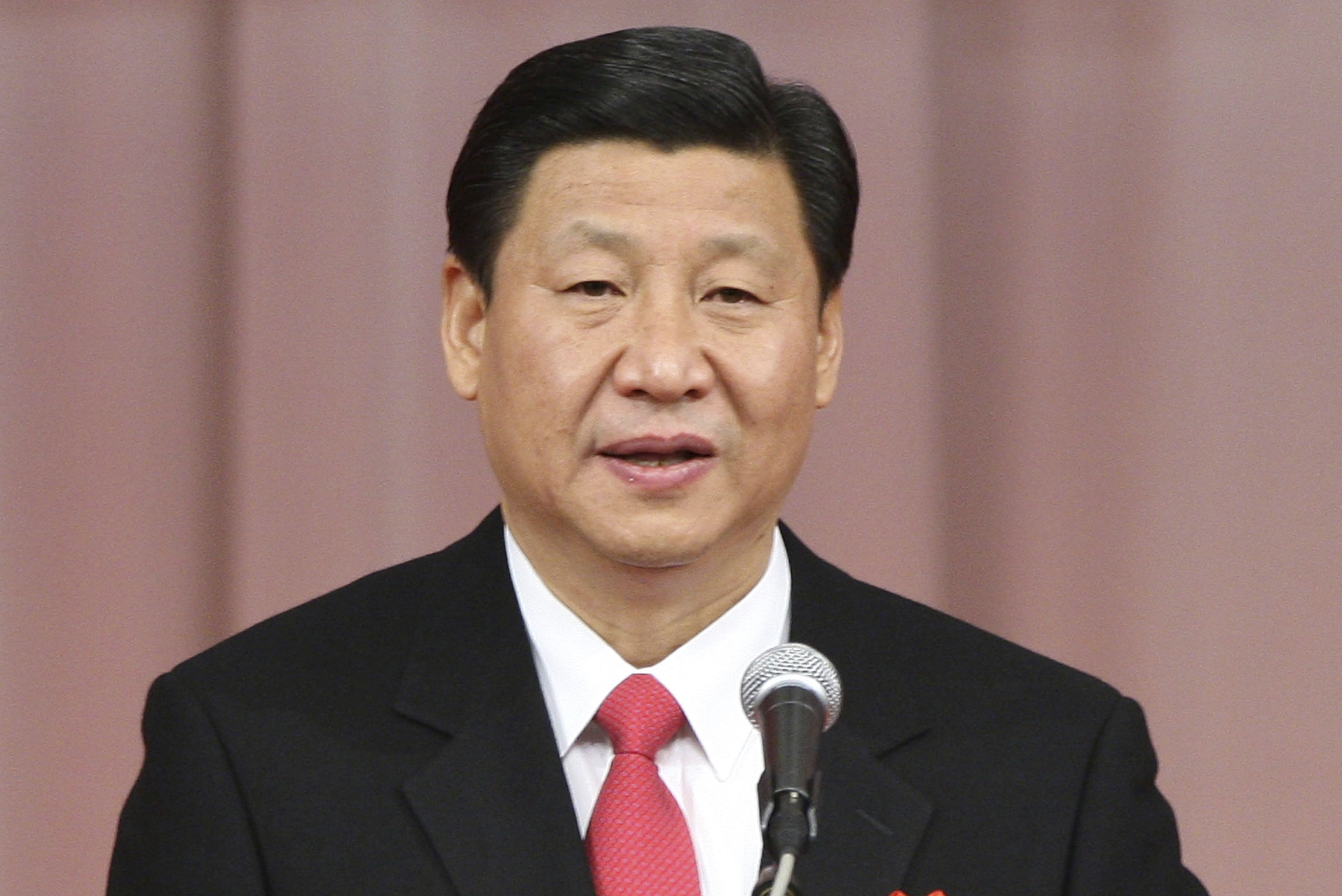After US President Donald Trump unleashed US$60bn in tariffs against Chinese exporters, China hinted that retaliation can be expected.
The US today invoked section 301 of the US Trade Act of 1974, an arcane piece of trade legislation that allows a president to unilaterally impose trade tariffs.
301 has not been used in the WTO era, and will target Chinese industries that the US claims have stolen its intellectual property, including aerospace, ICT and machinery. These sectors will be subject to 25% tariffs.
A factsheet from the US trade representative (USTR) says that “an interagency team of subject matter experts and economists estimates that China’s policies result in harm to the US economy of at least US$50bn per year”.
In his own verbal statement, Donald Trump said the tariffs would be worth US$60bn. “It is the largest deficit of any country in the history of our world. It’s out of control. We have a tremendous intellectual property theft situation going on, which likewise is hundreds of billions of dollars,” he said.
These tariffs are in addition to the levies placed on US imports of aluminium and steel which, while not directly targeting China, will certainly have an impact on its industrial exports. The move comes on the same day the EU negotiated a reprieve from Trump’s metal tariffs, days after Australia did the same.
Immediately, China has threatened to hit back, with the ministry of commerce saying that US pork and steel pipes will be among those likely to be hit with retaliatory tariffs, which will cost US$3bn to the US economy.
The US stock market lost 300 points on the announcement of new US tariffs, with the likes of Caterpillar and Boeing, which are heavily exposed to China, losing significant value.
Analysts have been weighing the economic impact of the trade war, with many claiming that the US action will be counter productive.
“One of the remarkable things that’s happened over the last generation has been the dispersion of our supply chains. You don’t make an automobile from bending metal to the final paint job in one factory anymore, all functions are spread out across the economy and the economy is global,” says Rod Hunter, partner at law firm Baker McKenzie.
“When you impose tariffs on aluminium or steel or through 301, you in many cases are increasing the price of input for products manufactured by Americans. The immediate effects of these actions will be higher prices for consumers, an impact on employment as related party trade becomes more expensive, and China imposing its own tariffs in retaliation.”
Meanwhile, the tariffs are not expected to have the scything impact on the Chinese economy that Trump undoubtedly hopes. In a note, Capital Economics’ Asia analyst Mark Williams says that total US goods imports from China last year came to US$506bn, or around 2.5% of China’s GDP. The US$50bn or US$60bn of products being mentioned today therefore contributed around 0.25% to China’s GDP last year.
Williams adds: “All told, we suspect that the loss to China from these tariffs is likely to come to no more than 0.1% of GDP. The upshot is that today’s tariffs amount to no more than a slap on the wrist for China. China won’t change its ways. Worries about escalation therefore won’t go away.”
Deborah Elms, the executive director at the Asian Trade Centre, questions the validity of the sanctions in the first place, saying that “the announcement today has left more questions than answers”.
She adds: “Having moved forward now with tariffs and investment restrictions, the Trump team has launched a trade war without, first, having a clear sense of the point of the war. The original announcement about the section 301 complaint was muddled. Was this dispute about IP theft? Was it about technology transfer? About both issues? National security concerns got added as well.
“While Trump may think that trade wars are easy to launch and win, it seems rather clear that his tiny team involved in this decision today to push back against China has not sufficiently planned for this one. The US has, unfortunately, experience in what happens when launching wars without clear plans – they escalate, linger, consume far more resources than ever anticipated, and ultimately fail.”







